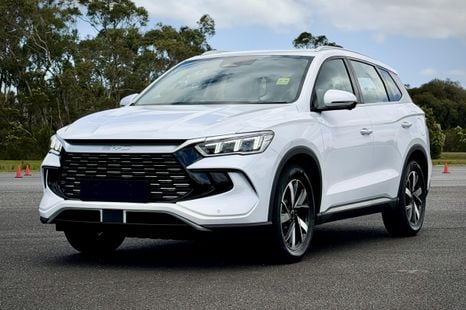

Ben Zachariah
2026 BYD Sealion 5 Essential review
3 Hours Ago
Now a subsidiary of Intel, Mobileye is an Israeli supplier best known for its advanced driver assistance systems

Contributor
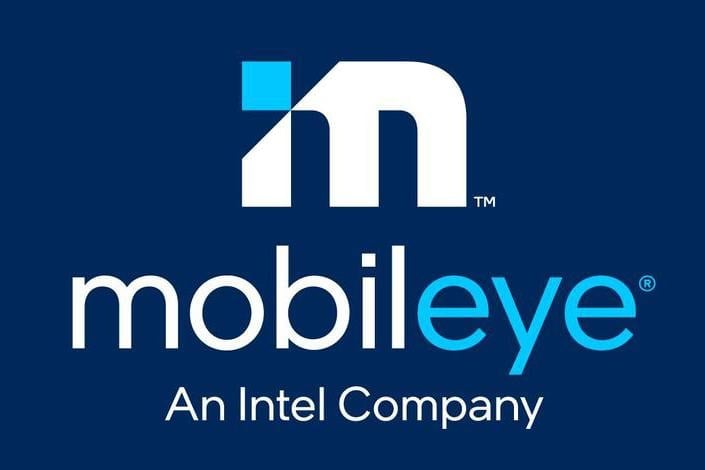

Contributor
Mobileye is an Israeli company headquartered in Jerusalem, best known for its autonomous driving and associated ADAS (advanced driver assistance systems) technologies.
Over the last few years it has garnered significant media attention, most significantly for its controversial break-up with Tesla.
An Intel subsidiary since 2017, the company employs around 1700 people with a revenue of approximately US$1 billion.

The company was founded by Amnon Shashua in 1999 as a way to further explore and potentially commercialise his university thesis. The thesis postulated that, through specialised machine learning algorithms, a computer vision system could be developed that would be able to recognise other vehicles using only a camera.
Following the establishment of a research centre in 2004, the first significant development came four years later with the launch of the first generation EyeQ1 processor in 2008.
One of the first vehicles to use this technology was the fifth-generation BMW 7 Series.
Through the EyeQ1 chip, the 7 Series was perhaps one of the first vehicles in the world to offer an integrated approach to automatic high beam, lane departure warning (with road edge detection) and a speed sign recognition system, with all functions making use of the same front facing camera.
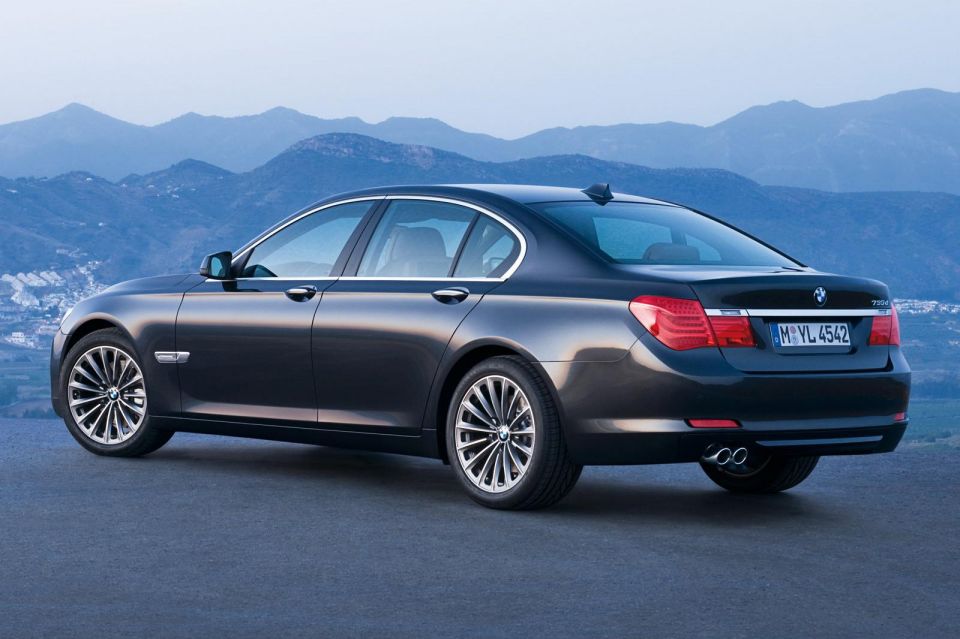
Subsequent iterations of the EyeQ chip launched in 2010, 2014, and 2018 have progressively offered increased driver assistance functionality, including AEB (autonomous emergency braking) functionality that can detect pedestrians as well as animals as well as improved lane detection systems.
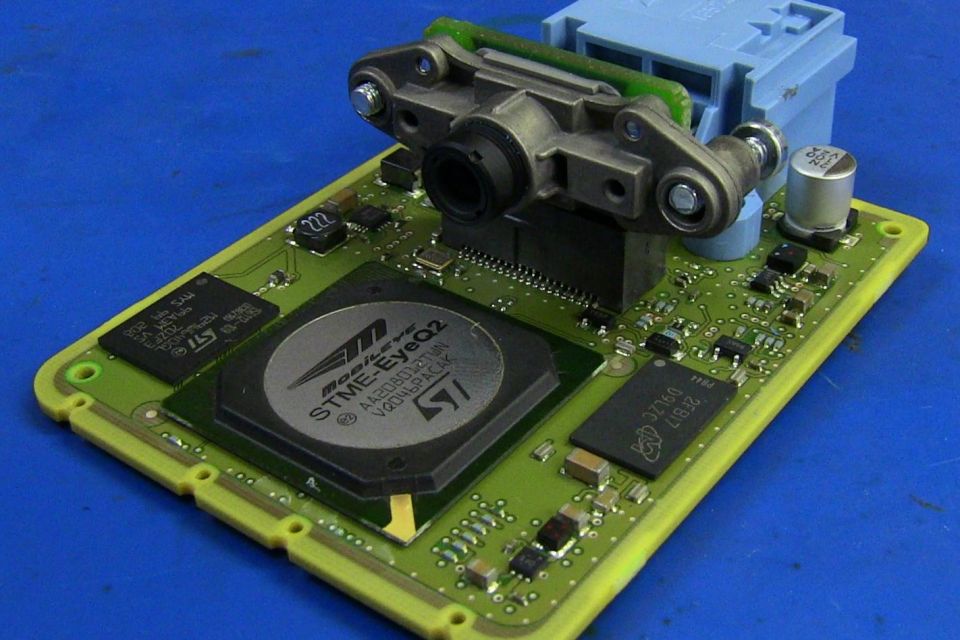
Mobileye claims its fifth-generation EyeQ5 chip, to be launched this year, will be able to support Level 5 autonomous driving by being able to process up to 24 trillion operations per second.
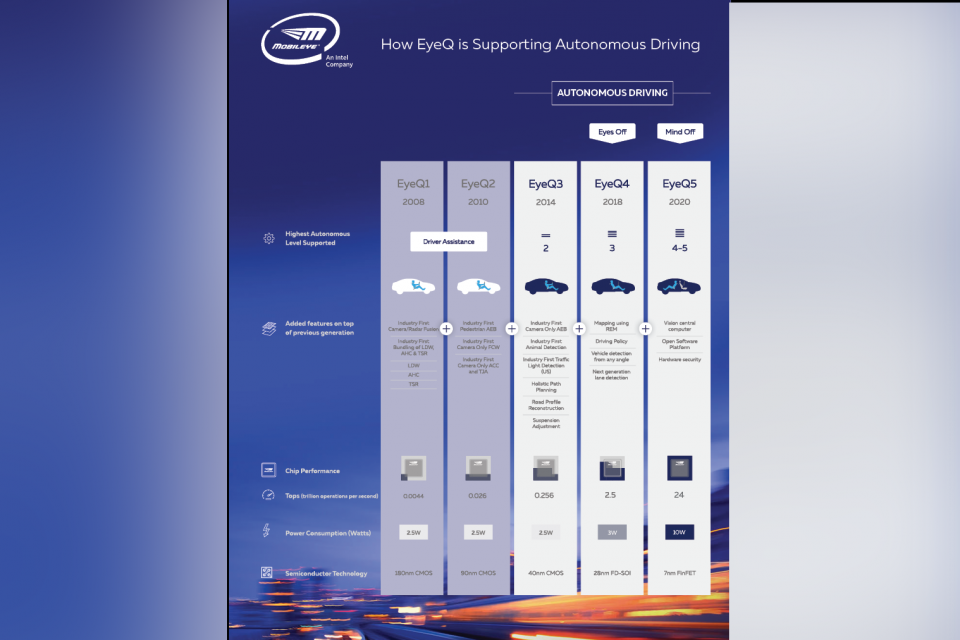
Mobileye partnered with Tesla in 2014 to help develop its Autopilot system, by providing some of the basic processing hardware as well as foundational neural networks Tesla later used to develop its ‘Hardware 1.0’ Autopilot system.
A Tesla Model S driver was killed in 2016 when his car, with Autopilot activated, failed to stop for a truck crossing the road ahead and instead passed underneath.
Mobileye and Tesla disputed why this happened, with the former claiming the EyeQ3 processor was not designed to activate AEB for vehicles crossing in front, while Tesla claimed the failure was due to the truck emitting a radar signature that was mistaken for an overhead road sign.
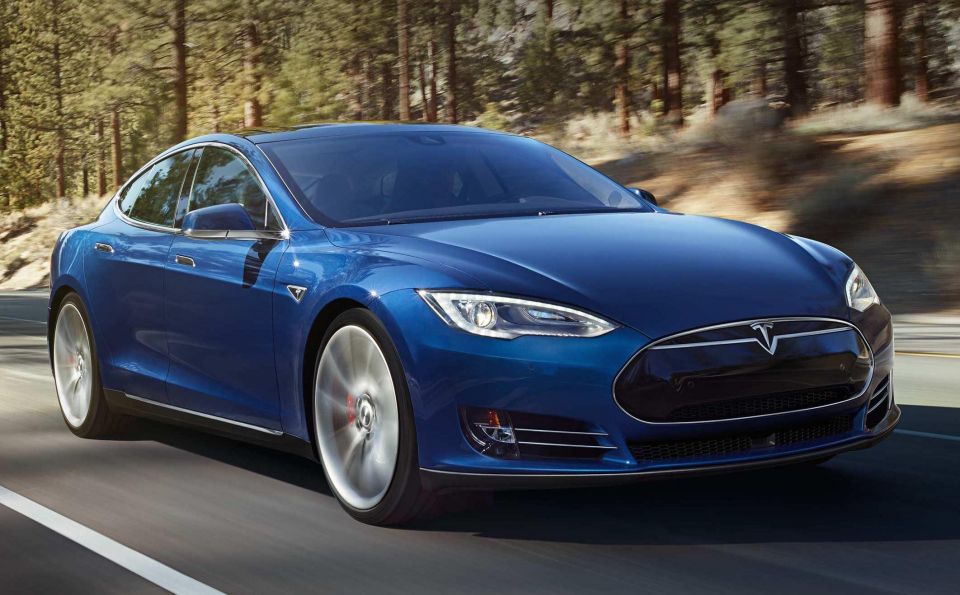
These differences led Mobileye to claim Tesla was exceeding the original design limits for the system, taking a risky approach to safety and autonomous driving. The argument was concerning enough for Mobileye and Tesla to split in 2016.
Although the loss of Mobileye components was a temporary setback for Tesla, the company has subsequently progressively developed its Autopilot system, with the latest iterations based on ‘Hardware 3.0’ far surpassing the capabilities of the Mobileye-based system.
Following the end of its partnership with Tesla, Mobileye was acquired by chip manufacturer Intel for US$15.3 billion, which to date remains the most expensive acquisition of an Israeli company.
As a subsidiary of Intel, Mobileye has continued to develop partnerships with OEMs including Volkswagen and BMW.
Apart from differences in technology, one of the key factors differentiating Mobileye from its competitors is its business model.
The company claims to be the only supplier of ADAS systems that offers a flexible approach, whereby manufacturers can choose to purchase only the basic EyeQ processor, a combination of the processor and some software, or purchase an off the shelf, end-to-end solution incorporating all the parts.
The company’s current technical strategy, unveiled at CES 2021, involves combining cameras, lidars and software-defined radars with crowdsourced mapping techniques to safely develop autonomous driving technology.
Fruits of Mobileye’s existing partnerships include the Travel Assist system on the latest Volkswagen products, which makes use of the company’s EyeQ4 system, as well as Nissan’s ProPilot 2.0 ADAS and BMW’s Driving Assistant Professional.
Interestingly, due to Mobileye’s business model, these brands share similar hardware but have differing capabilities.
For example, Mobileye’s partnership with BMW has allowed it to replicate a virtualised, Tesla style view of the road ahead, a feature not available in Volkswagen’s latest models.


Ben Zachariah
3 Hours Ago
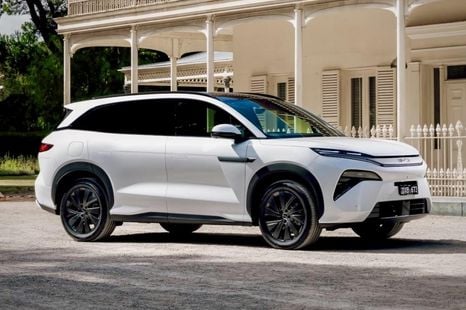

Ben Zachariah
3 Hours Ago
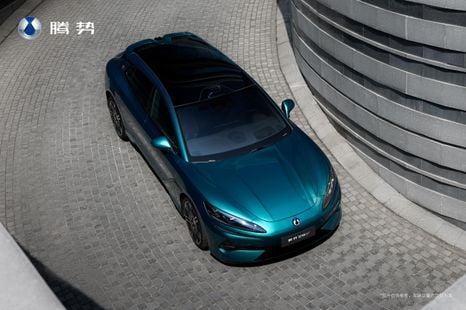

William Stopford
8 Hours Ago
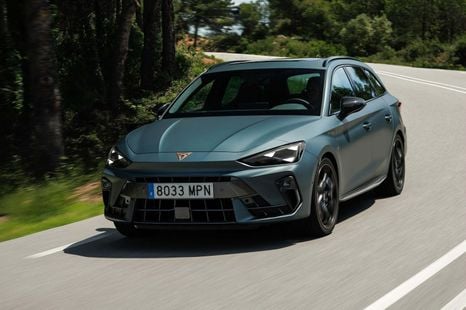

William Stopford
9 Hours Ago
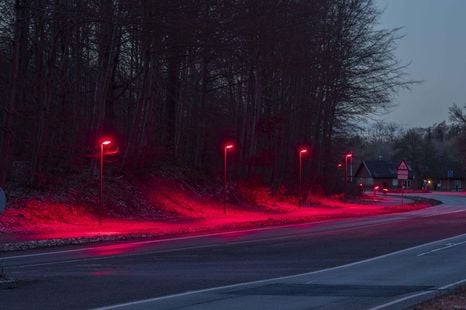

Damion Smy
12 Hours Ago


Damion Smy
13 Hours Ago
Add CarExpert as a Preferred Source on Google so your search results prioritise writing by actual experts, not AI.